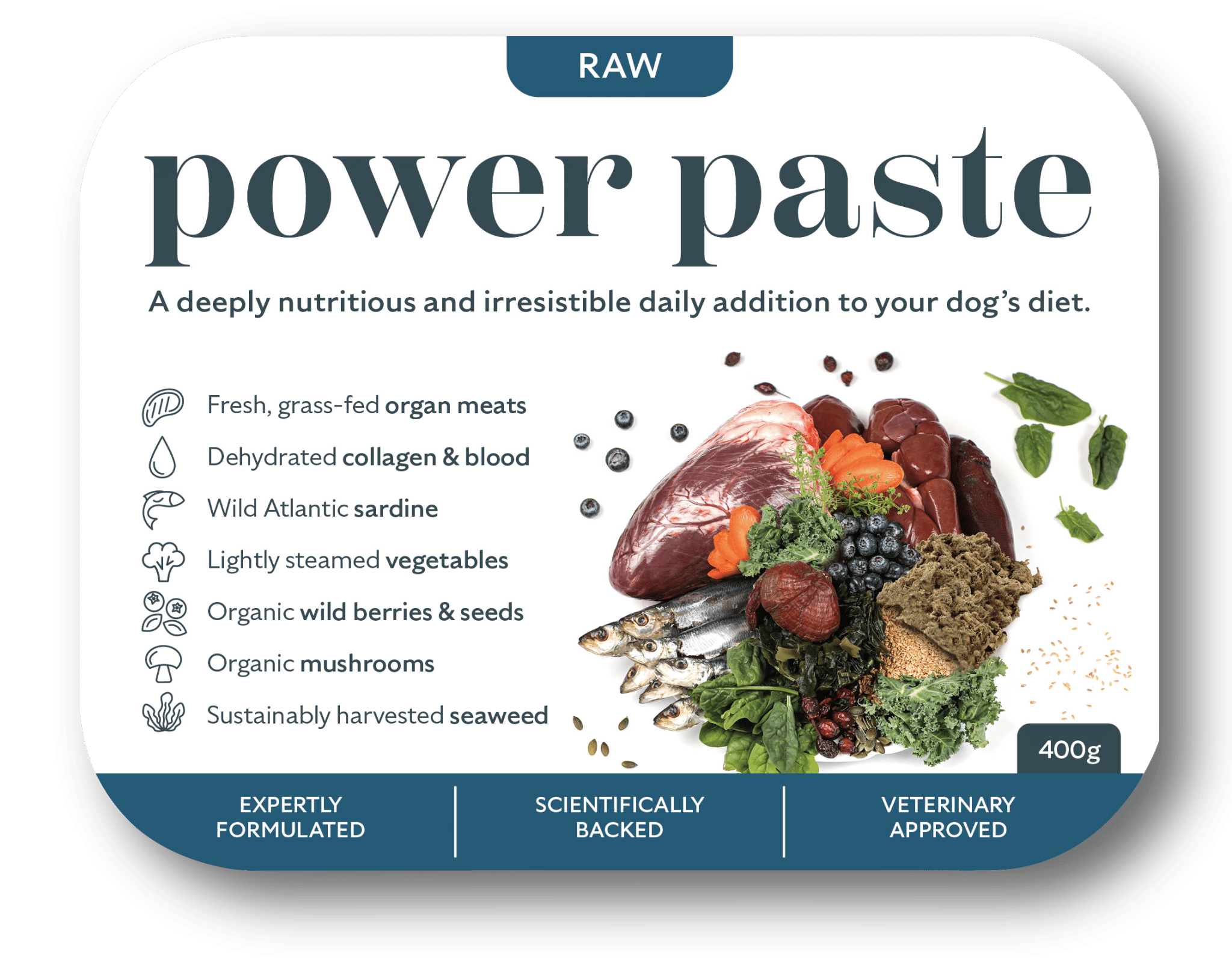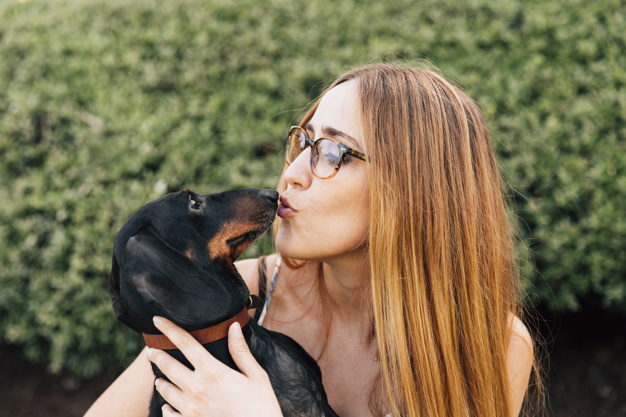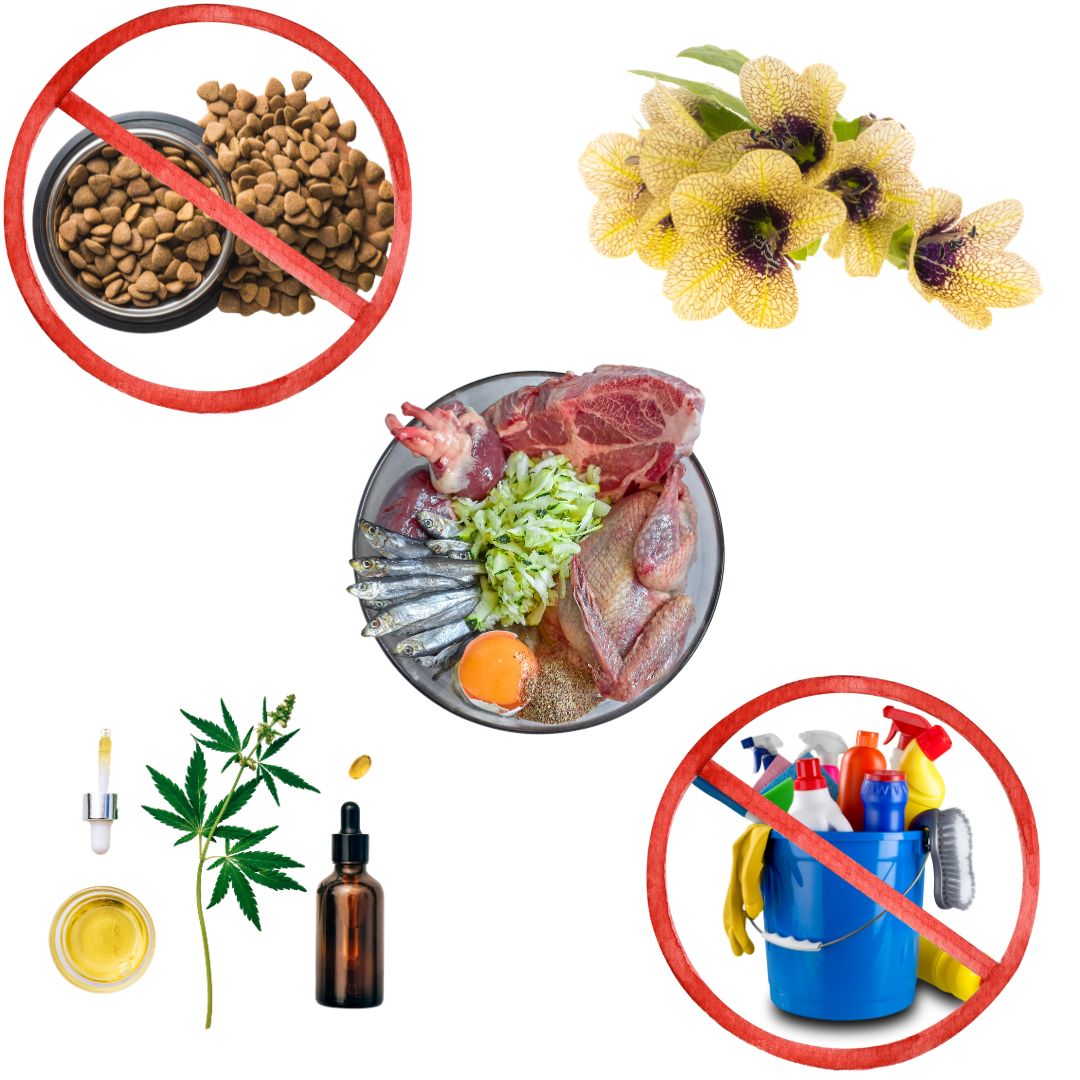A Note on Pet Insurance for Cost (and Drug) Conscious Pet Owners in Ireland & UK…
For dog owners concerned about over-vaccination and getting ripped off in general, pet insurance is a bit of a daunting minefield. I did a little digging, made a few calls and largely have drawn up a few pitfalls to be looking out for but I urge you, if you have pet insurance, do not just take my word on any of the below. Should you be concerned regarding any of the issues I highlight then please RING your pet insurance provider and get it from the horse’s mouth, it’s the only way.
Why are Pet Insurance Premiums Rising so Rapidly?
In humans, pet insurance is a no-brainer. You don’t want to be in the often considerable public waiting line if you can at all avoid it. This is obviously not a concern with Pet Insurance, your vet will always see your pet promptly. In human health insurance, once you’re in the system, the service is arguably the same. In pet world, this may not be the case. Over the last few decades, pet care costs have rocketed upwards at many times the rate of inflation. They are managing to extract more and more money from the average pet owner.
Take for example the recent Bloomberg’s report on Mars Banfield (Clenfield 2017), now the biggest veterinary healthcare provider in the US. The piece, entitled “The High-Cost, High-Risk World of Modern Pet Care”, cites the following advice Banfield has for vets when confronted with a pet suffering atopy (allergic disease):
Banfield’s PetWare manual makes for interesting reading. In one example, explaining how the software is used to prescribe treatment, the book shows a checklist of therapies for a dog with atopic dermatitis, or itchy skin. Doctors are encouraged to recommend a biopsy, analgesics, topical medications, antibiotics, a therapeutic dietary supplement, an allergy diet, and a flea control package. They’re required to recommend antihistamines, shampoos, serum allergy testing, lab work, a skin diagnostic package, and anti-inflammatories. It’s a treatment course that might run $900 for symptoms that, in a best-case scenario, indicate something as prosaic as fleas. In bold print, the manual reminds doctors: “You cannot change items that were initially marked Required. They must remain required.
Nor is it just atopy. Numerous articles now document how our vets are being taught how to extract more cash from each visit for dentistry. Of course, at times some of this stuff may well be vital but it does raise a questioning eyebrow.
What we do know is that owning a pet can be expensive but owning a sick one can break the bank, certainly if you’re in the hands of a multinational and not an independent local vet. Recently, they changed the rules in UK and Ireland to copy the US, allowing non-vet groups to own veterinary surgeries which sees costs sore, all of which will be footed by the consumer. While this is yet to begin in Ireland the UK has taken to it with gusto with large groups like Medivet, with a trust pilot score of 2/5, now buying up multiple clinics per year, extracting serious margins out of their clients.
Pet Insurance is great for paying big vet bills and those vet bills are beginning to spiral. In 2006, Statista put the global market for animal health stood at $16bil U.S. dollars. Just ten years later it had nearly doubled to some $30bil with the veterinary drug market accounting for 84% of it ($25.3bil). In just eight years (2024) the market is expected to double again in size to nearly $50bil.

And with all this extra medicine to dispense comes a need for more vets. From 1996 to 2013 the National Bureau of Economic Research states the number of veterinarians in the US almost doubled (Einav et al. 2016). All this despite Statista reporting US dog ownership only increasing by 22.5% in approximately the same period (from 2000-2014 US dog ownership rose from 68 to 83.3mil dogs, with cats adding similar figures).
That’s a lot of extra drugs (and vets) per pet and you’re going to foot the bill, a bill fewer and fewer pet owners can afford. Today, only 1% of 1.6mil US pet owners have pet insurance. This is compared to 60% of UK pet owners. In their piece, “UK insurers scent rich rewards from pet owners“, The Financial Times reports Mintel, a market research company, expects UK pet insurance premiums to grow from £976m in 2015 to £1.6bn by 2021. This has not gone unnoticed by UK pet owners, consumers complaints regarding pet insurance rose by 38% in 2016 alone.
Step 1 to reducing vet bills is avoiding any corporate owned veterinary clinics. Use independent vets where possible, they live in your town and are less likely to rip you off.
Do I Need Pet Insurance?
Only you can answer that question. For what it’s worth I contacted the top four pet insurance providers in Ireland (petinsurance.ie, petinsure.ie, postinsurance.ie and allianz.ie). I stated I had a three-year-old black mongrel, neutered, vaccinated, chipped, living in Rathmines. Here are some things that jumped out at me, some of which might help you when making your decision:
Cost is no indicator of value in pet insurance world…
Most pet insurance companies offer a range of policies, from cheaper (accident only) of which An Post were the cheapest at €87 per year with most top-level plans costing around €190 per year but be aware, cost is a poor indicator of insurance value. For example, a cheaper policy might have a maximum payout of €2,000 and no therapy costs. Dudley’s back cost €4,000.
Striking issues out once they get them…
Some companies, once an issue has popped up, let’s say a sore ear, will not cover that issue should it pop up again, or they will leverage a huge premium on top. In other words, if it happens, you’ll pay for it one or the other. Allianz.ie do not strike issues off like this, that’s why I like them.
That vet health check and booster requirement…
All pet insurance companies here in Ireland that I contacted today REQUIRE annual vet health checks AND VACCINATIONS EVERY YEAR. This is disappointing but not a surprise. After calling all four companies stated that if your dog hasn’t been for his annual health check and / or booster with a vet then they might not pay out for a car accident. I shit you not. I pushed each asking how a booster for parvovirus would prevent my dog getting struck by a car 250 days later. They had no answer though underlying health conditions was mumbled by one. We both laughed.
WSAVA (World Small Animal Vet Association) set the rules for our vets to go by (if they like). WSAVA guidelines state the following:
Vaccines should not be given needlessly. Core vaccines should not be given any more frequently than every three years after the 6- or 12-month booster injection following the puppy/kitten series, because the duration of immunity (DOI) is many years and may be up to the lifetime of the pet.
This is my biggest problem with pet insurance. For some reason (can there be any other explanation but cahoots with vets?), I was of the belief that you could write needless annual boosters out of your policy. Thus, let’s say your pet is adequately vaccinated and you wish to strike parvo or the likes from your vaccination routine then you should be able to ring the insurance company and say you want that stipulation for parvo stricken from your policy. In other words, the dream is that you will no longer be required to boost for parvo but if they get it on your head be it. My recent Facebook posts on the matter suggested that of all the companies, people were having the most success again with Allianz.ie however I urge caution here. They might strike parvo off your policy but not the REQUIREMENT for annual boosters.
More on best policy for vaccination in dogs.
Do Irish pet insurance companies recognise Vacci-Check yet, in line with WSAVA guidelines?
Vaccicheck is a blood test that checks your dogs immunity. If they still have antibodies to the virus from their previous vaccinations you do not need to be boost them. Makes sense. Sadly, all four companies do not Vaccicheck. You must get annual boosters. One put me on hold while they inquired with their vet. They eventually came back and said yes you can do Vaccicheck BUT if you do not have annual vaccinations and you try to claim (for something completely unrelated) then there may be a problem! Ignoring the sheer idiocy of insisting on a practice such as annual boosting that not only lacks a shred of scientific credibility and the support of WSAVA, annual boosters do not guarantee protection, they can only assume it. Only a blood titre test such as VacciCheck can imply immunity with any certainty. This is why WSAVA now recognise blood titres guarantee protection for at least three years. UK pet insurers are now picking this up but you must ring them to ensure they don’t use it against you when it comes to claiming for something completely unrelated.
More about blood titers and Vaccicheck here
Other bits learned…
Most pet insurance companies are not taking new policies on dogs over 5 years of age.
Most pet insurance companies leverage approximately 35% for “senior dogs” which is usually around 7 years of age.
Pets are seen as property. There is no emotional damage etc. Thus the maximum payout for the theft or death of your pet in Ireland is around €1,000, regardless of breed.
Take the poll, let’s see how many of you have pet insurance…
[poll id=”4″]
What do I do if I decide not to get pet insurance…
My advice at this point, first and foremost is, there is no cheap solution to owning a pet. If you can’t foot the bill one way or the other, please get a rabbit. That said, my advice on pet insurance has always been the same – if you can accept life is risky, shit happens and you will be able to pay for i then a savings account is most certainly an option. It’s what I do. I’m a very firm believer in health insurance for humans, if you can afford it. Any plan at all is better than none. I have seen family members get organ transplants, fight Lyme disease and battle cancer, all made easier with private health insurance.
However for pets, as with most things in pets, pet insurance is a cost I’m still not willing to pay. The value for money is not there for me. And I can speak with some authority as I own a dog that had one of the most expensive incidents of late when he ruptured two discs requiring major surgery. The initial cost of the op, immediate aftercare and meds was around €4,000. I have spent perhaps half that again on therapy to get him back to 90%. Bang went the new car. And it might happen again.
Do I wish an insurance company was footing this bill? You’re damn right I do. But do I regret my decision to not have him insured? No, I can say categorically with hand on my heart that I do not. My decision not to ensure was based on the facts. It still remains the right decision at that time and I can accept that. Life is risky and when you don’t have insurance shit can happen. It’s just the chances of something that costly happening to your raw fed natural pet is very rare (and I probably would have had the cheapest policy with a maximum payout of €4,000 and they’d be getting the rest back off me over time). Between nothing happening and the catastrophe that befell us lies a whole lot of unsavoury practices that made the idea of having insurance in the first place sort of redundant.
If you decide to go the no-pet-insurance route, here’s what I recommend:
- Start saving in a bank account or with your local vet (many now offer this facility). Once you save say €2,000 you’re quids in
- Feed your dog a fresh meat and bone diet. Dry food is the cause of the majority of recurring health issues in pets today
- Avoid all chemical parasite control in pets with no parasites (more on fleas and worms here)
- Avoid all boosters in adequately vaccinated pets
- Avoid poor dentition with raw meaty bones
- Do not buy dogs from car boots. You are fueling a disgusting industry which puts out sickly animals
- Avoid pedigree dogs. They are born with issues and are more expensive as a result. Rescue a mutt.
- Get wise on natural and home remedies for many maladies that might affect your pet
- Get a good, independent vet. Saving with them might be an option and going for a regular health check is good practice.
Which was the best pet insurance company, in your opinion…
I still feel Allianz.ie are the best option available today. Their quote for the dog stated above was €196 per year which puts them at the higher level of the four but they do not write out a condition at the end of the year should your pet suffer something and by far Dogs First’ers on our Facebook page seem to have the most positive things to say about them.














